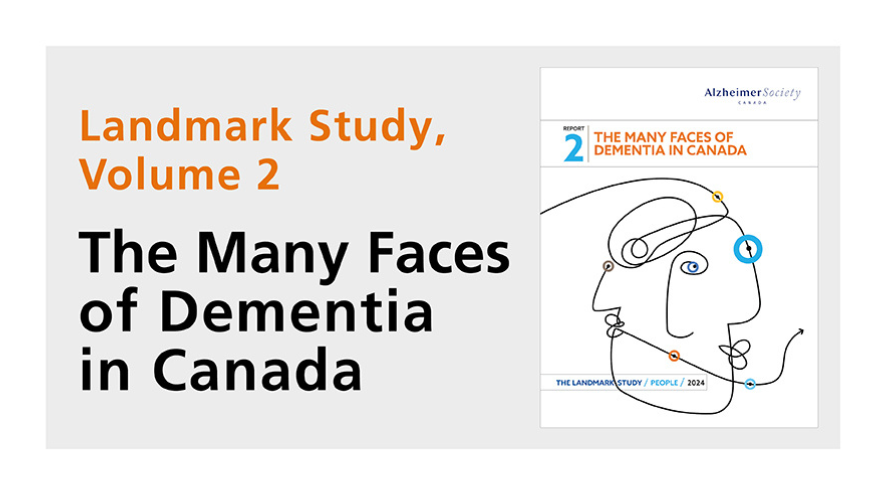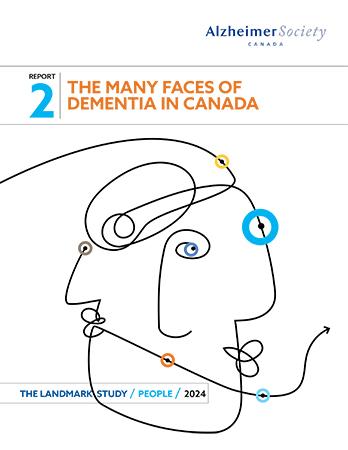The Many Faces of Dementia in Canada
Each experience of living with dementia is unique
More than 650,000 people are living with dementia in Canada. The numbers are increasing.

Dementia in Canada
Dementia is a major public health problem in Canada and around the world, affecting millions of people. Research indicated significant variations in the risk of development, prevalence, clinical presentation, and health outcomes across various communities in Canada, including differences in ethnicity, race, sex, gender and age. With the rapid rise of our aging population in Canada, this is one of the first studies that seeks to better understand the many faces of dementia, so that no one is left behind and we’re able to serve their specific needs and those in their circle of care.
Understanding the unique needs and experiences of diverse communities is a key step in improving the quality of life for people with dementia and their caregivers.
Dementia in Alberta and Northwest Territories
In Alberta and Northwest Territories, more than 59,000 people have dementia. They live with Alzheimer’s dementia, vascular dementia, young onset dementia, or one of many other combinations or types, as there are over 50 different diseases or conditions that can cause dementia. Their family and friends are also deeply affected by the challenges presented by cognitive decline, memory loss, loss of independence, changes in mood and behaviour, and the many other changes that can occur with dementia.
As the population in Alberta and Northwest Territories ages, we will continue to see increases in the number of people affected by dementia. We have made progress in the last decade in trying to better address this condition and now have a national dementia strategy, but much more work needs to be done.
With this report, we at the Alzheimer Society of Alberta and Northwest Territories aim to achieve the following five points:
1. Increase awareness of the diversity of who develop dementia in Canada. We will challenge and expand public knowledge and understanding of the diversity found among people living with dementia in Canada.
2. Improve knowledge. Dementia is a complex condition that impacts a wide range of people. This report aims to identify the many characteristics of individuals who are projected to develop dementia over the next 30 years.
3. Advocate for better dementia care. Everyone who develops dementia has different and evolving personal resources and healthcare needs. Services and supports must be tailored to the unique needs and diverse experiences within the population—optimal care is our goal.
4. Create action. Inspire individuals, organizations, and all levels of government to work collaboratively toward inclusion, equity and diversity in dementia research and support—leading to better care for all.
5. Push for change. We can devote more dollars to research; fight stigma, discrimination, and stereotypes; and create and adapt policies to improve dementia care. Working toward these changes will ensure that we find equitable solutions to the dementia challenges we face.

